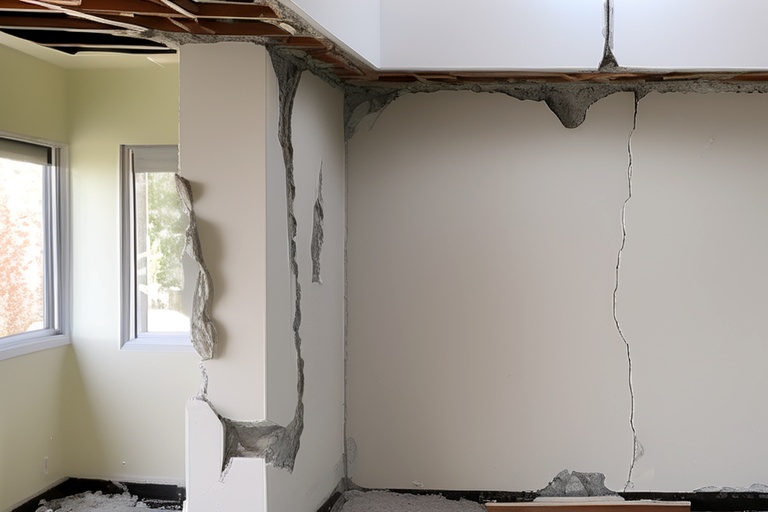Why does my drywall keep cracking?

Common Reasons Why Drywall Keeps Cracking
Drywall cracking can be a common issue in buildings, and it can be frustrating to constantly repair. Several factors can contribute to this problem, ranging from poor installation practices to structural issues within the building itself. Understanding the reasons why your drywall keeps cracking is crucial in order to address the root cause and prevent further damage.
Poor Installation
One of the main reasons why drywall cracks is poor installation. If the drywall was not installed correctly, such as not securing it properly to the studs or using the wrong type of screws, it can lead to cracking over time. Additionally, improper taping and mudding techniques can also result in cracks forming along the seams of the drywall.
Structural Movement
Structural movement within a building can also cause drywall to crack. This movement can be due to various reasons, such as settling of the foundation, changes in temperature and humidity, or even seismic activity. As the building moves, the drywall can crack due to the stress placed on it.
Low-Quality Materials
Using low-quality materials can also contribute to drywall cracking. If the drywall itself is of poor quality or if inferior joint compound and tape are used during installation, it is more likely to crack over time. Investing in high-quality materials can help prevent this issue.
Excessive Moisture
Excessive moisture in the environment can weaken drywall and make it more prone to cracking. This can occur due to leaks, high humidity levels, or inadequate ventilation. Moisture can cause the drywall to warp and lose its structural integrity, leading to cracks forming.
Impact Damage
Physical impact on the drywall, such as from furniture being moved or accidental bumps, can also cause cracking. Even minor impacts can weaken the drywall and result in cracks forming. Taking care when moving objects around the building can help prevent this type of damage.
Incorrect Framing
If the framing of the wall is not done correctly or is not strong enough to support the drywall, it can lead to cracking. Insufficient support from the studs can cause the drywall to flex and eventually crack under the pressure. Ensuring that the framing is done properly is essential in preventing this issue.
Settling of the Building
As a building settles over time, the forces can be transferred to the drywall, causing it to crack. This settling can be natural and expected, but if not accounted for during the construction phase, it can result in damage to the drywall. Properly managing the settling process can help prevent cracking.
Prevention
- Ensure proper installation practices are followed.
- Use high-quality materials for drywall installation.
- Maintain a consistent indoor environment to prevent excessive moisture.
- Inspect and repair any structural issues that may be causing the cracking.
- Be mindful of impact damage and take precautions to prevent it.
Conclusion
Understanding the reasons why your drywall keeps cracking is the first step in addressing this issue effectively. By identifying the root cause, whether it be poor installation, structural issues, low-quality materials, or other factors, you can take the necessary steps to prevent further damage and ensure the longevity of your drywall.

